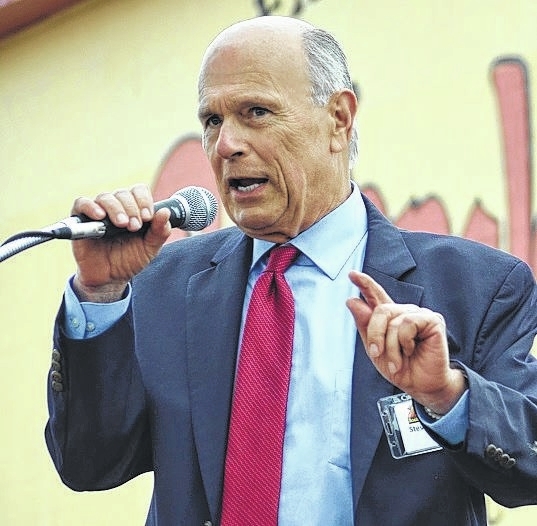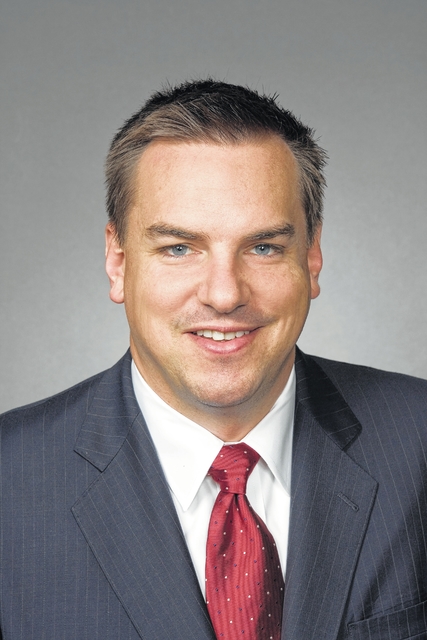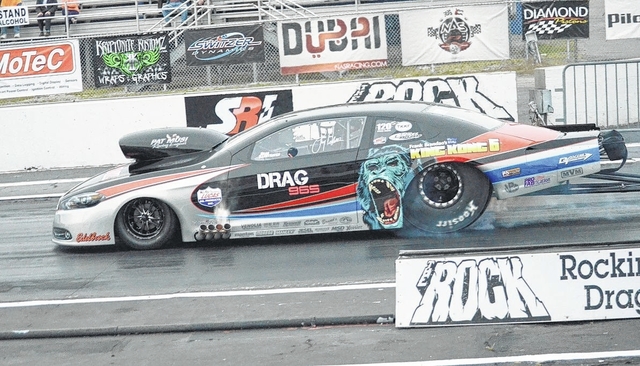ROCKINGHAM — The Environmental Protection Agency has backed off on rules that some say could have negatively affected the racing industry.
The EPA announced last week that it would eliminate the following language from list of rules proposed last July: “Certified motor vehicles and motor vehicle engines and their emission control devices must remain in their certified configuration even if they are used solely for competition or if they become nonroad vehicles or engines.”
Anyone modifying certified motor vehicles or engines for any reason would have been subject to tampering and defeat prohibitions, the rules stated.
The regulation was buried at the bottom of one page in a 629-page document of proposed rules by the EPA and the U.S. Department of Transportation.
The EPA said the wording “was never intended to represent any change in the law or in EPA’s policies or practices toward dedicated competition vehicles.”
Steve Earwood, owner of Rockingham Dragway, said the regulation would have wiped out the aftermarket performance industry, which generates $40 billion annually.
“You could not modify a street car into becoming a race car,” he said of the proposal, which he said was just a case of over-regulation. “The exhaust system on my automobile would have been classified as a race car, not a street car.”
With roughly 3,000 active circle and straight race tracks in the country, Earwood said the regulation would have taken 60 percent of their entries away.
Earwood reached out to Rep. Richard Hudson, R-Concord — who not only represents Richmond County, but also Cabarrus County, home of Charlotte Motor Speedway — when he learned of the EPA’s proposal.
“He was very concerned about it,” Earwood said.
In March, Hudson and Rep. Patrick McHenry, R-Gastonia, introduced a bill — the Recognizing the Protection of Motorsports Act of 2016 — to put the brakes on the EPA’s proposal.
“Regulations that waste our money, time and resources are bad for jobs, but the EPA is going one step further to restrict our personal freedom,” Hudson said in a statement when the bill was introduced. “Even if I didn’t represent Charlotte Motor Speedway and a whole lot of racing enthusiasts, I would be outraged by this ridiculous government overreach.
“This legislation is a critical step to protect the way of life for many and ensure the future of racing,” he continued. “We’re not just going to sound the alarm on this — we’re going to stop it.”
During a late-March meeting between members of the Energy and Commerce Subcommittee on Energy and Power and the Subcommittee on Environment and the Economy to examine the EPA’s 2017 budget, Hudson questioned agency Administrator Gina McCarthy about the proposed regulation.
“NASCAR is one facet, but what about your man or woman who likes to take a car in their backyard and fix it up and take it down to the local drag strip and race it?” he asked. “I mean, that kind of modification, it appears very clearly, is now ruled out.”
McCarthy responded, saying the agency has never “enforced on an individual of that nature.”
“What we’re trying to do,” she continued, “is get at manufacturers of these devices that they sell and make sure that they sell them only for competitive dedicated vehicles because it’s really challenging to us to make sure that the certified vehicles remain in compliance with air regulations.”
Hudson — along with Energy and Commerce Committee Chairman Rep. Fred Upton,from Michigan, and Energy and Power Subcommittee Chairman Rep. Ed Whitfield, from Kentucky, both Republicans — sent a letter to McCarthy on April 12 questioning the EPA’s reasoning and justification for the rule and demanding an answer by today.
His answer came a week early when the EPA’s announcement was made.
According to Hudson’s office, the congressman is still pushing forward with the bill because the EPA didn’t retract its belief that it can regulate competition vehicles and he wants to make sure those vehicles are beyond the reach of EPA regulations. It has been referred to the House Committee on Energy and Commerce, of which Hudson is a member.
“The regulation was not given an awful lot of thought,” Earwood said, adding that he appreciated Hudson’s efforts to stop it.
“It leads me to believe the system really does work,” he said. “You’ve got to be in it, you’ve got to be active.”
Reach reporter William R. Toler at 910-817-2675 and follow him on Twitter @William_r_toler.



